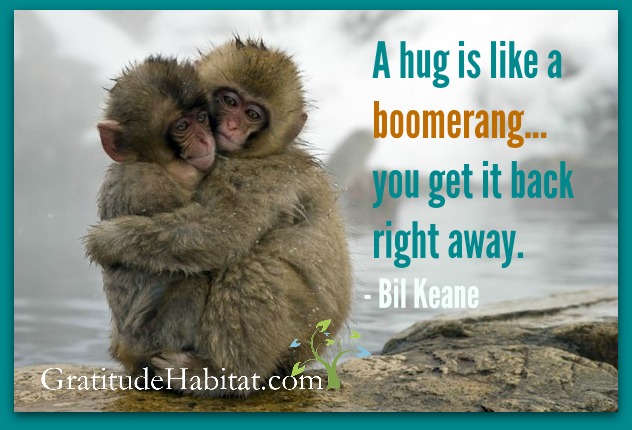Living In Gratitude: Neuroscience Shows These 4 Things Boost Happiness
We’ve talked about neuroscience before. Neuroscience is the study of nervous system, including the brain. This research looks closely at behavior and learning.
Alex Korb, a neuroscientist at UCLA, offered four key insights that will boost happiness, all based on his scientific research.
1. Ask, “What am I grateful for?”
Gratitude has been shown to increase our brain’s dopamine and serotonin levels, affecting it at a biological level. Dopamine is commonly associated with pleasure while serotonin affects mood and social behavior. The more we have coursing through our bodies, the better our appetite, memory, gregariousness and sleep.
The most important thing is to ask the question and consider possibilities, even if we don’t arrive at an answer. This helps our brain produce these two positive chemicals, making us feel happier. By searching for things to appreciate, we also enhance our emotional intelligence, enabling us to discover things to appreciate over time. Read more






